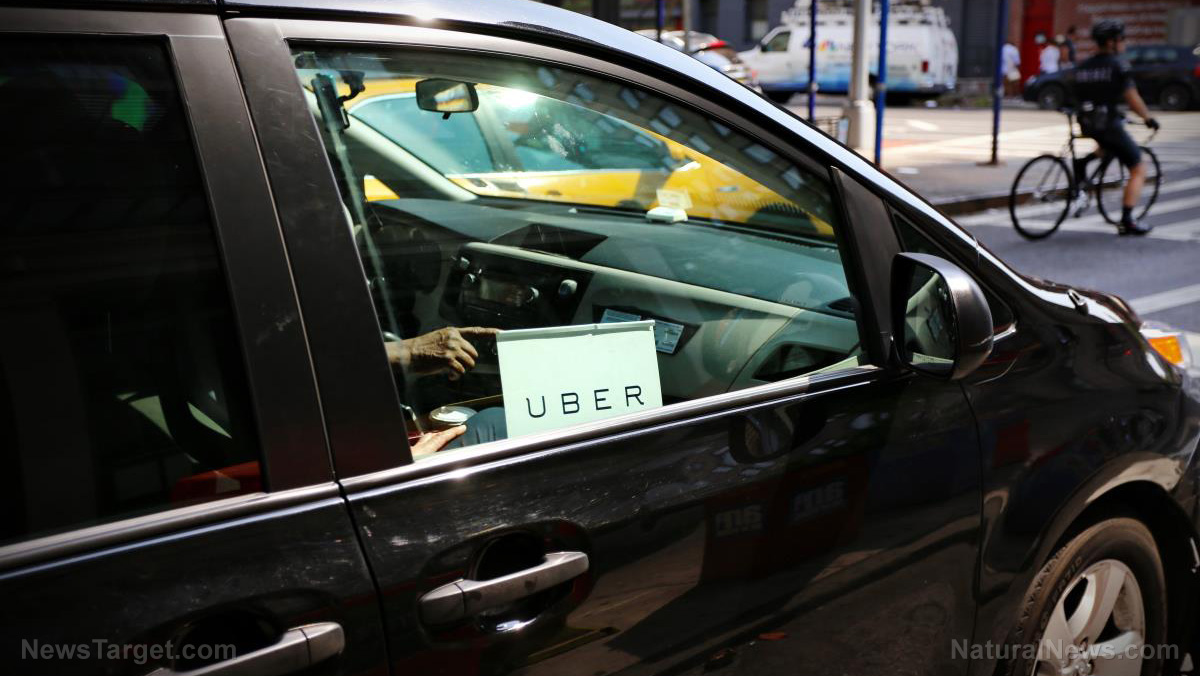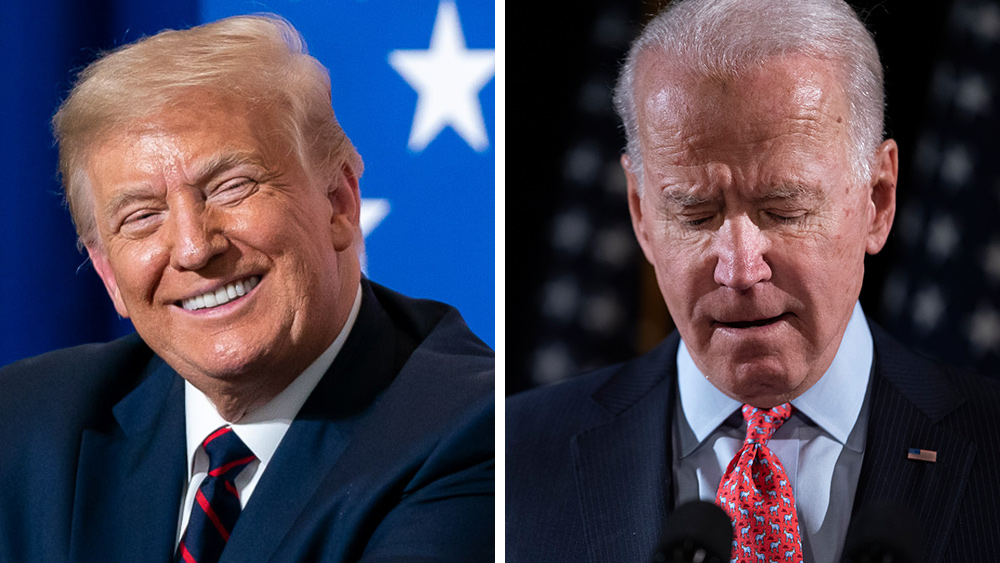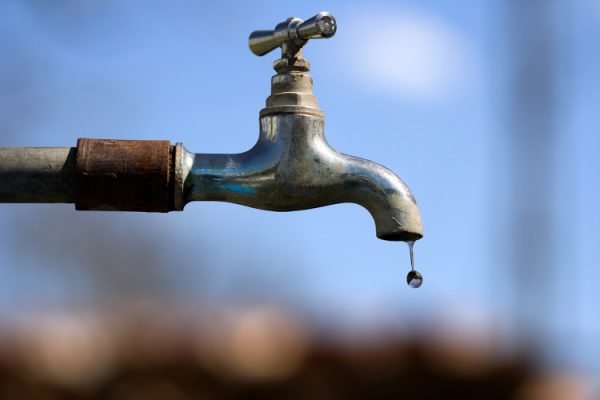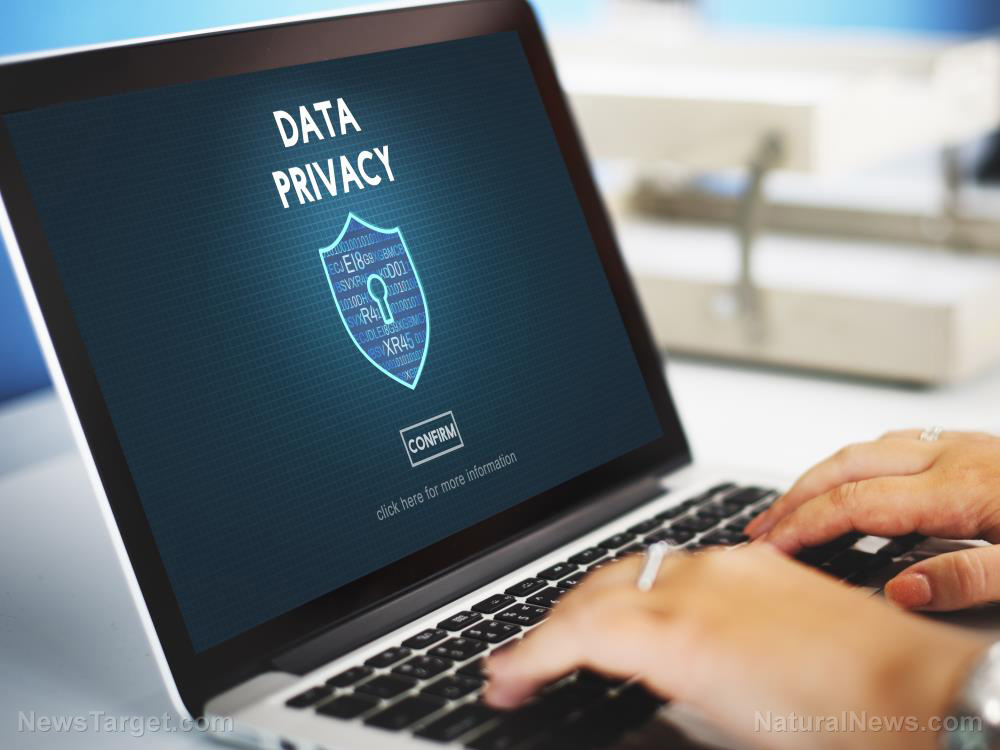 Parler
Parler Gab
Gab
Only 187 EV "fast chargers" currently exist in NYC
If the electric-for-hire fleet in New York City reaches the 21,000 EV benchmark that the TLC hopes to achieve by the year 2027, then the city will need many more than the mere 1,000 direct-current "fast chargers" that currently exist throughout the city. These "fast chargers," we are told, can top up an EV's battery in just 20 minutes, as opposed to an hour. Such "fast chargers" would make EVs more comparable to gas-powered cars, which, coupled with a meandering visit inside the gas station convenience store, could take around 20 minutes to fill up – if one dawdles, anyway. At the current time, there are a measly 187 direct-current "fast chargers" in New York City. They are distributed among 38 charging stations citywide, most of them in Brooklyn, which has 68 of them at six locations, and in Queens, which has 65 of them at 16 locations. Manhattan has just 27 fast-charging ports at 11 stations, while Staten Island has 15 fast-charging ports distributed across four stations. In the Bronx, there is just one fast-charging station, a Tesla Supercharger facility located at the Bay Plaza Mall, which has a dozen overall EV charging ports. It is important to note that in order to successfully fast-charge one's EV, the owner must have the right plug. Standard plugs still take a whole lot longer to recharge a vehicle, typically overnight, which is not necessarily viable for drivers who take passengers here and there all throughout the day for work. Another thing to consider is the infrastructure layout in New York City. Many properties exist in multi-family locations where owners park on the street, meaning there is no garage charger available like there would be at a single-family home out in the suburbs. The latest news about the zero emissions goals for 2030 can be found at GreenTyranny.news. Sources for this article include: Yahoo.com NREL.gov NaturalNews.comRATIONING BEGINS: California water board to require reduced indoor water use for citizens
By Belle Carter // Share
By News Editors // Share
Nebraska establishes board to collate health records under the pretense of healthcare improvement
By Belle Carter // Share
Governments continue to obscure COVID-19 vaccine data amid rising concerns over excess deaths
By patricklewis // Share
Tech giant Microsoft backs EXTINCTION with its support of carbon capture programs
By ramontomeydw // Share
Germany to resume arms exports to Israel despite repeated ceasefire violations
By isabelle // Share










